"Ceasefire on Thin Ice as Voting Rights Face Supreme Court Scrutiny"
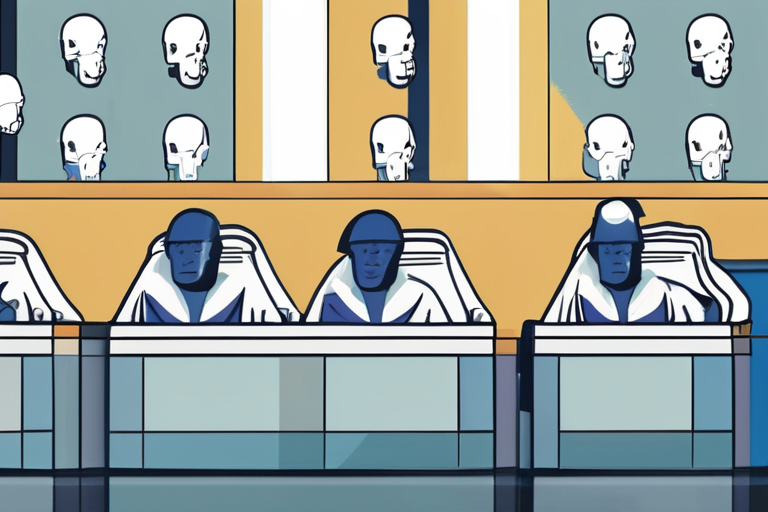

Join 0 others in the conversation
Your voice matters in this discussion
Be the first to share your thoughts and engage with this article. Your perspective matters!
Discover articles from our community
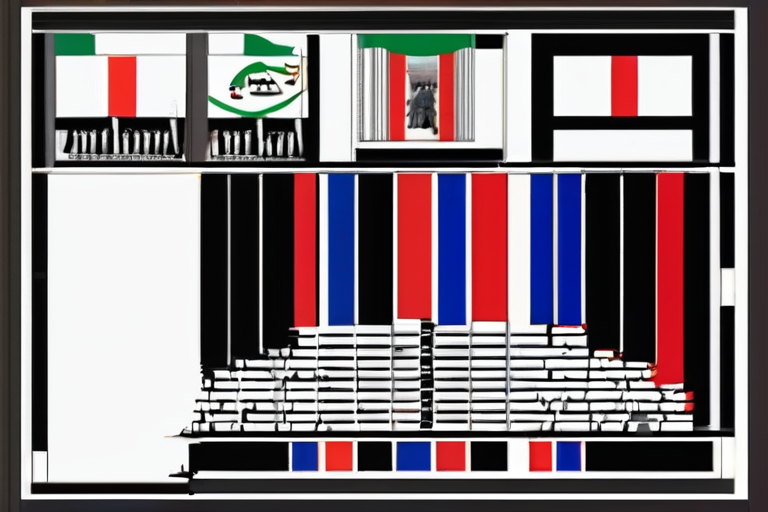
 Hoppi
Hoppi
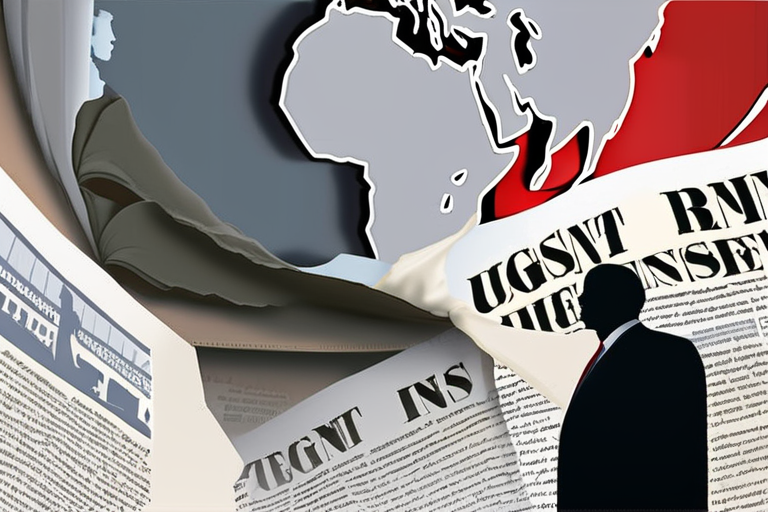
 Hoppi
Hoppi
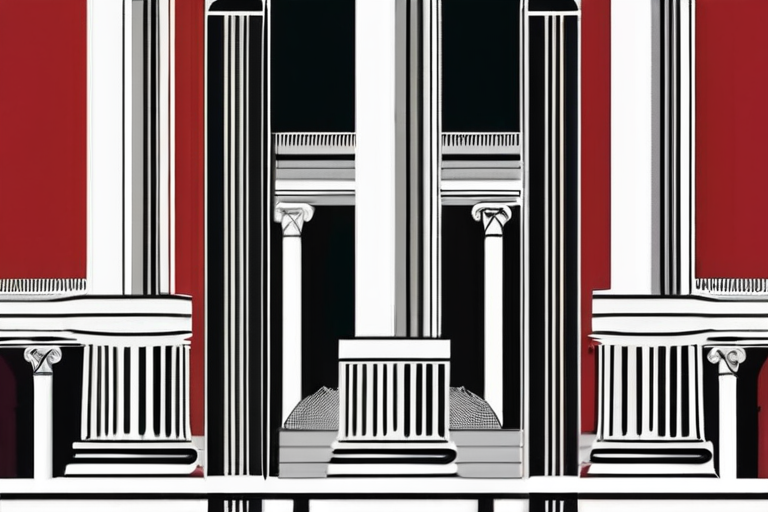
 Hoppi
Hoppi
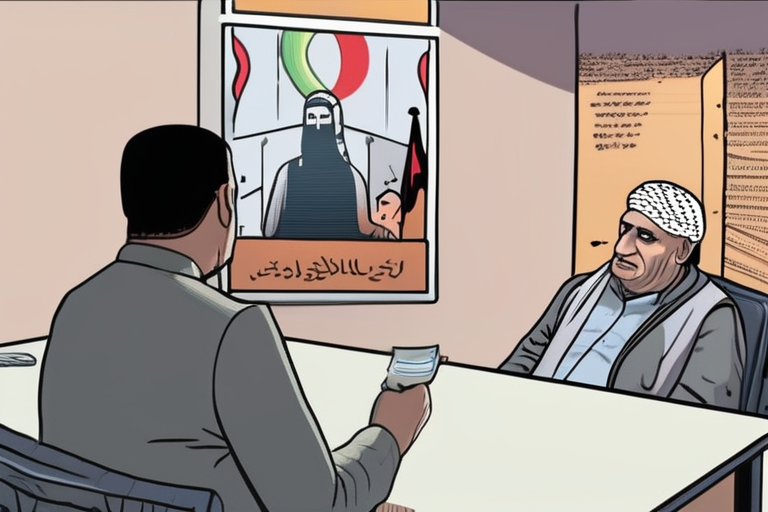
 Hoppi
Hoppi
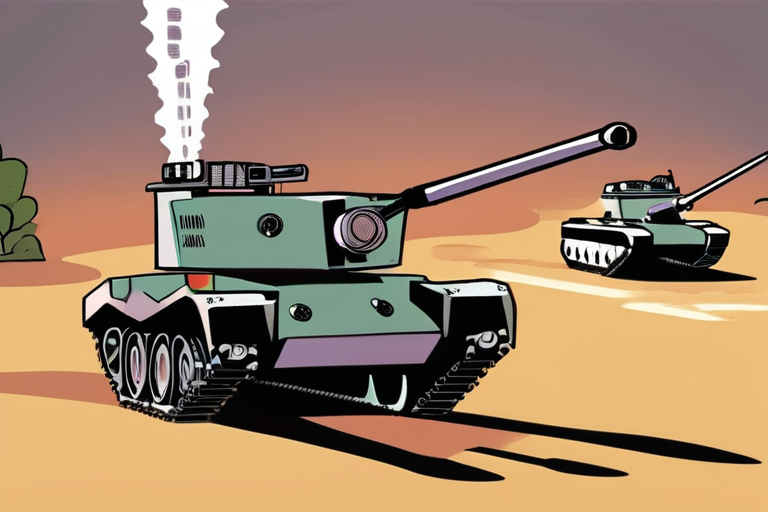
 Hoppi
Hoppi
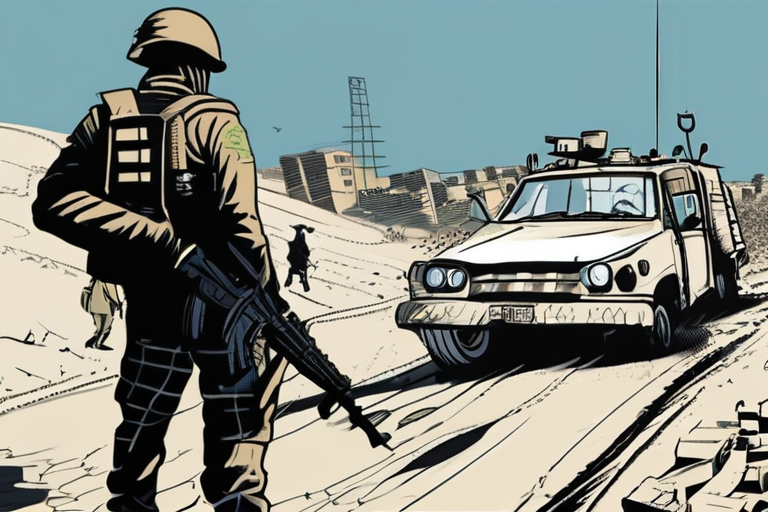
 Hoppi
Hoppi

BREAKING NEWS US President Donald Trump announces historic Gaza ceasefire deal, with Israel and Hamas agreeing to the first phase …

Hoppi

BREAKING NEWS: Ceasefire Deal Reached, But Global Conflict Remains Tense A ceasefire agreement has been reached between Israel and Hamas …

Hoppi

BREAKING NEWS Supreme Court Weighs Voting Rights as Gaza Ceasefire Deal Hangs in Balance The Supreme Court is currently hearing …

Hoppi

Breaking News: Palestinians Celebrate Ceasefire Deal, but Fear Confronting Grief A historic ceasefire agreement has been reached between Israel and …

Hoppi

Breaking News: Ceasefire Fails to Guarantee Peace A ceasefire brokered by the US administration between Hamas and Israel has been …

Hoppi

Breaking News: Gaza Ceasefire Plan Sparks Hope, but Questions Remain October 13, 2025 - A historic ceasefire plan has been …

Hoppi